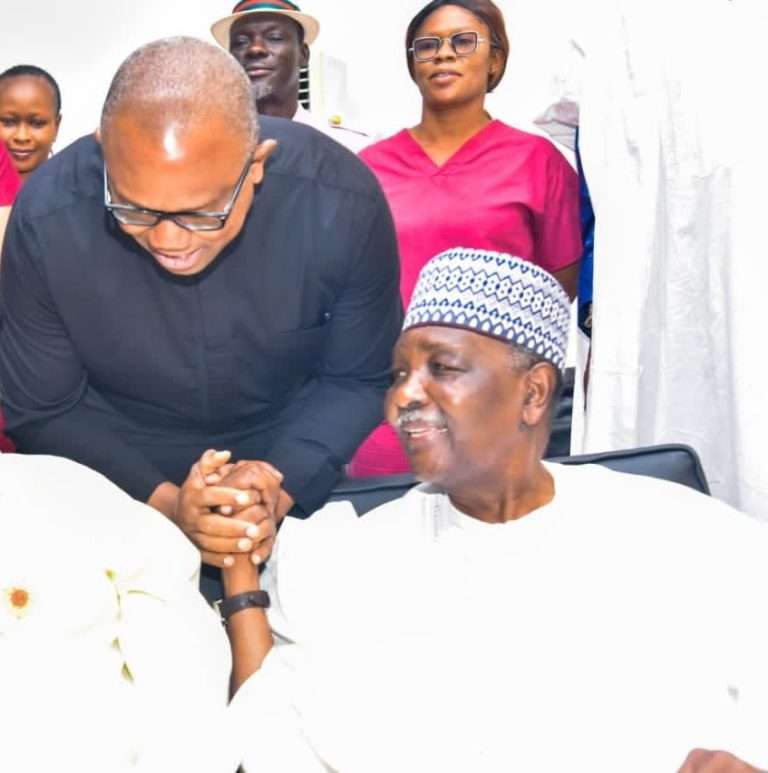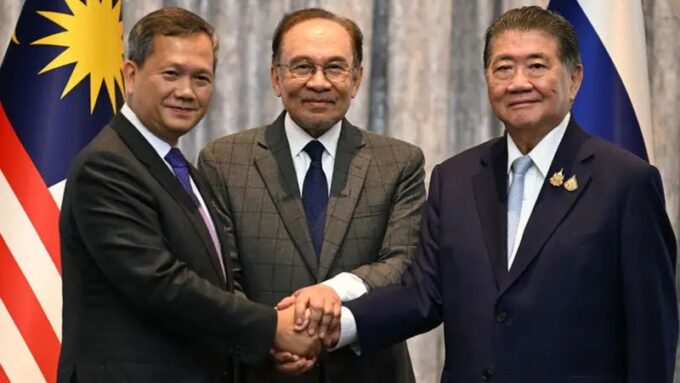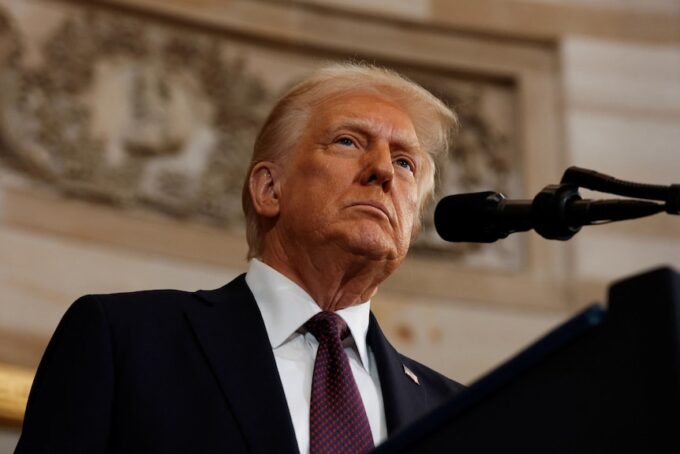News | Events | Digital PR | Advertising
Peter Obi Explains Why He Congratulated General Yakubu Gowon on 90th Birthday

Peter Obi, a prominent Nigerian leader, recently found himself at the center of controversy after extending birthday wishes to General Yakubu Gowon, Nigeria’s former military Head of State. Gowon’s tenure from 1966 to 1975 was marked by the devastating 1967-1970 civil war.
In response to criticism, Obi issued a statement clarifying his decision. He emphasized his belief in forgiveness and the importance of moving forward. “As a leader, I must demonstrate that forgiveness is the ultimate act of heroism,” Obi explained.
Obi, a devout Christian, drew on his faith to justify his stance. He referenced St. Paul’s letter to the Colossians, which emphasizes forgiveness. Acknowledging the immense suffering caused by the civil war, Obi argued that holding onto anger and bitterness only perpetuates division.
To support his position, Obi highlighted Nigeria’s efforts towards reconciliation. He cited the national burial of Biafra leader Dim Chukwuemeka Odumegwu Ojukwu in 2012 as a significant step towards healing. Obi urged those upset by his decision to join him in building a new Nigeria, where justice and good governance prevail.
“Focusing on forgiveness sets us free,” Obi emphasized. “Let’s create a country where hate and unforgiving spirits give way to justice.” His message stressed hope, unity, and Nigeria’s potential for renewal through forgiveness.
By extending birthday wishes to Gowon, Obi sparked a national conversation about forgiveness, reconciliation, and Nigeria’s complex past.
Explore more
Scientists Research Nigeria’s Okra, Maize, Four Other Crops During NASA’s Space Mission
International astronauts will research six indigenous Nigerian crops and seeds during the...
President Trump Orders Pharmaceutical Companies To Cut Drug Prices Within 60 Days
President Donald Trump on Thursday said he asked major pharmaceutical companies to...
Microsoft To Become The Next $4 Trillion Company
Microsoft (MSFT.O), opens new tab soared past $4 trillion in market valuation...
Importers Slash Petrol Prices Below Dangote Rates Amid Rising Market Competition
Competition has hit Nigeria’s petroleum sector as fuel importers slash petrol prices...












Leave a comment